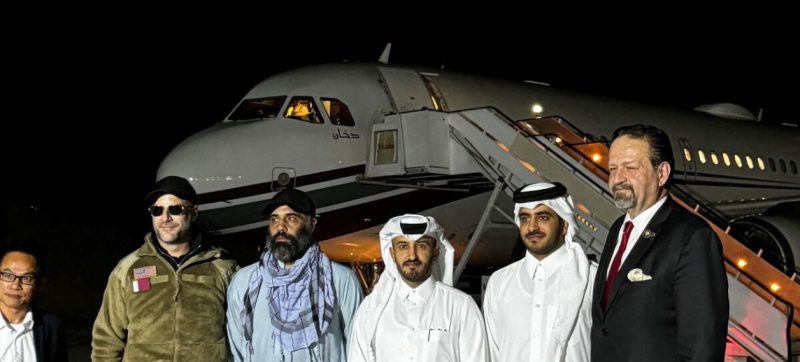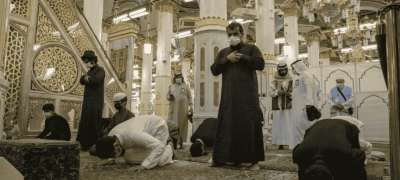The Taliban has released a U.S. citizen who was imprisoned in Afghanistan, officials confirmed on Sunday. The move comes as the group seeks to improve its strained ties with Washington.
The freed American, identified as Amir Amiry, had been in custody since December 2024. Details about why he was in Afghanistan and the reasons for his detention remain unclear. His case had drawn concern from U.S. officials and rights groups monitoring the treatment of foreign nationals.
The Taliban, which has ruled Afghanistan since retaking power in 2021, has faced international isolation. Western governments have refused to formally recognize the regime, citing concerns over human rights, restrictions on women, and ties to militant groups. The release of Amiry may be seen as part of efforts to signal cooperation, though experts warn that tensions between the two sides remain high.
U.S. officials have not disclosed the terms of Amiry’s release or whether it involved direct negotiations with Taliban representatives. Washington has previously engaged in quiet diplomacy to secure the freedom of detained citizens in Afghanistan and other conflict zones.
The Taliban’s decision comes at a time when the group is under pressure to show flexibility in international dealings. By releasing a U.S. citizen, the regime could be attempting to soften criticism and open channels for future talks on aid and sanctions relief.
This case has drawn comparisons to other high-profile legal and diplomatic disputes. For example, in the United States, the ongoing murder trial of Sarah Hartsfield also highlights how complex justice and accountability processes can be when lives are at stake. While unrelated, both stories reflect how individuals can become central to broader political or legal struggles.
Human rights advocates continue to urge transparency around detentions in Afghanistan. They stress that the Taliban must allow due process and ensure the safety of foreigners and Afghan citizens alike.
For now, Amiry’s release offers relief to his family and adds another chapter to the difficult relationship between Washington and Kabul. Whether this marks a step toward meaningful dialogue or remains a symbolic gesture is yet to be seen.
With questions still unanswered, the focus will likely shift to how both governments handle future cases and whether such gestures can build trust.







